Introduction
Challenge
Agency A's ECMS replacement project was confronted with two major challenges:

1. Vendor Replacement
The existing vendor's contract was nearing expiration, and the agency was not satisfied with their services. Replacing the vendor was essential, but it posed risks related to system migration and project continuity.

2. Budget Constraints
Agency A had limited budget availability for the ECMS replacement project. The initial project scope exceeded the allocated funds, necessitating a strategic approach to optimise the budget while ensuring the project's success.
Approach
Project-IQ adopted a multi-faceted approach to address Agency A's challenges effectively:
1. Vendor Assessment
First, Project-IQ conducted a comprehensive assessment of the existing vendor's performance. This evaluation identified pain points and provided insights into vendor replacement options.
2. Scope Reduction
Recognising the budget limitations, Project-IQ collaborated with Agency A to streamline the project's scope. This involved prioritising essential functionalities and postponing non-essential features for future phases.
3. Vendor Selection
Project-IQ assisted Agency A in identifying a new vendor through a rigorous selection process. This ensured that the chosen vendor aligned with the agency's requirements and long-term goals.
4. Risk Mitigation
To address the risks associated with vendor replacement and system migration, Project-IQ developed a meticulous transition plan. This plan included data migration strategies, quality assurance measures, and contingency plans to minimise disruptions.
5. Budget Optimisation
Project-IQ worked closely with Agency A to restructure the project budget. By reducing scope and negotiating favourable terms with the new vendor, the project remained within budget constraints.

